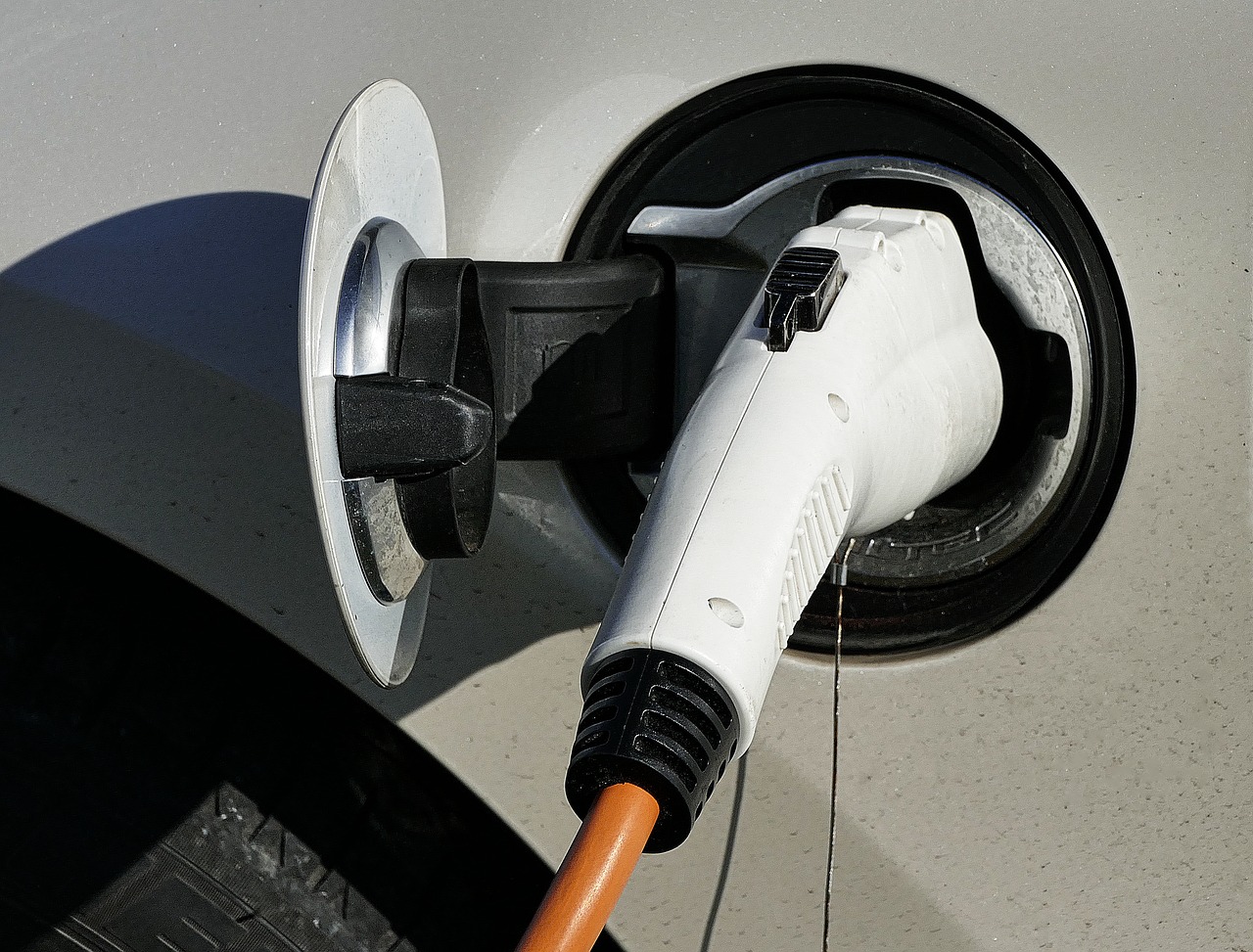California Commission Launches Initiative for Transportation Firms to Electrify Fleets

The California Public Utilities Commission has issued a decision initiating the first phase of the California Clean Miles Standard Program, a joint effort with the California Air Resources Board, to devise innovative strategies for transportation companies to combat emissions. The move sets the path for transportation firms to electrify their fleets to help the transportation sector transition to clean technology.
The transportation sector accounts for around 50 percent of California’s greenhouse gas emissions and around 80 percent of nitrogen oxide pollution. Transforming this sector to a low carbon fuel and near zero emission technologies is pivotal to achieving climate change targets and clean air standards.
Under the program, transportation network companies, or TNCs, are required to meet annual targets set by the board to increase the vehicle miles traveled by zero-emission vehicles to 90 percent and eliminate GHG emissions by 2030. As part of the decision, TNCs such as Uber, Lyft and other charter party carriers regulated by the commission and other firms supplying passenger services for reimbursement with autonomous vehicles must follow the GHG reduction targets set out in the program.
In terms of compliance, entities under the programs must present a Tier 3 Advice Letter on their Interim GHG Plan to fulfil the board’s yearly targets. Moreover, a complete GHG Plan will be filed after the commission’s Phase 2 decision, incorporating detailed data reporting. The second phase of the proceeding will consider enforcement, sustainable land use, AV passenger services, optional credits, prioritization of zero-emision vehicles (ZEVs), incentives for rentals, and upfront incentives, detailing specific program requirements.
As part of the pathway for transportation firms to electrify their fleets, the latest decision presents a Driver Assistance Program intended to reduce the impact on low-income drivers changing over to ZEVs. The initiative proposes incentives for ZEV charging and acquisitions, with an emphasis on drivers with a household income at or below 400 percent of the federal poverty level.
EnerKnol Pulses like this one are powered by the EnerKnol Platform—the first comprehensive database for real-time energy policy tracking. Sign up for a free trial below for access to key regulatory data and deep industry insights across the energy spectrum.
ACCESS FREE TRIAL